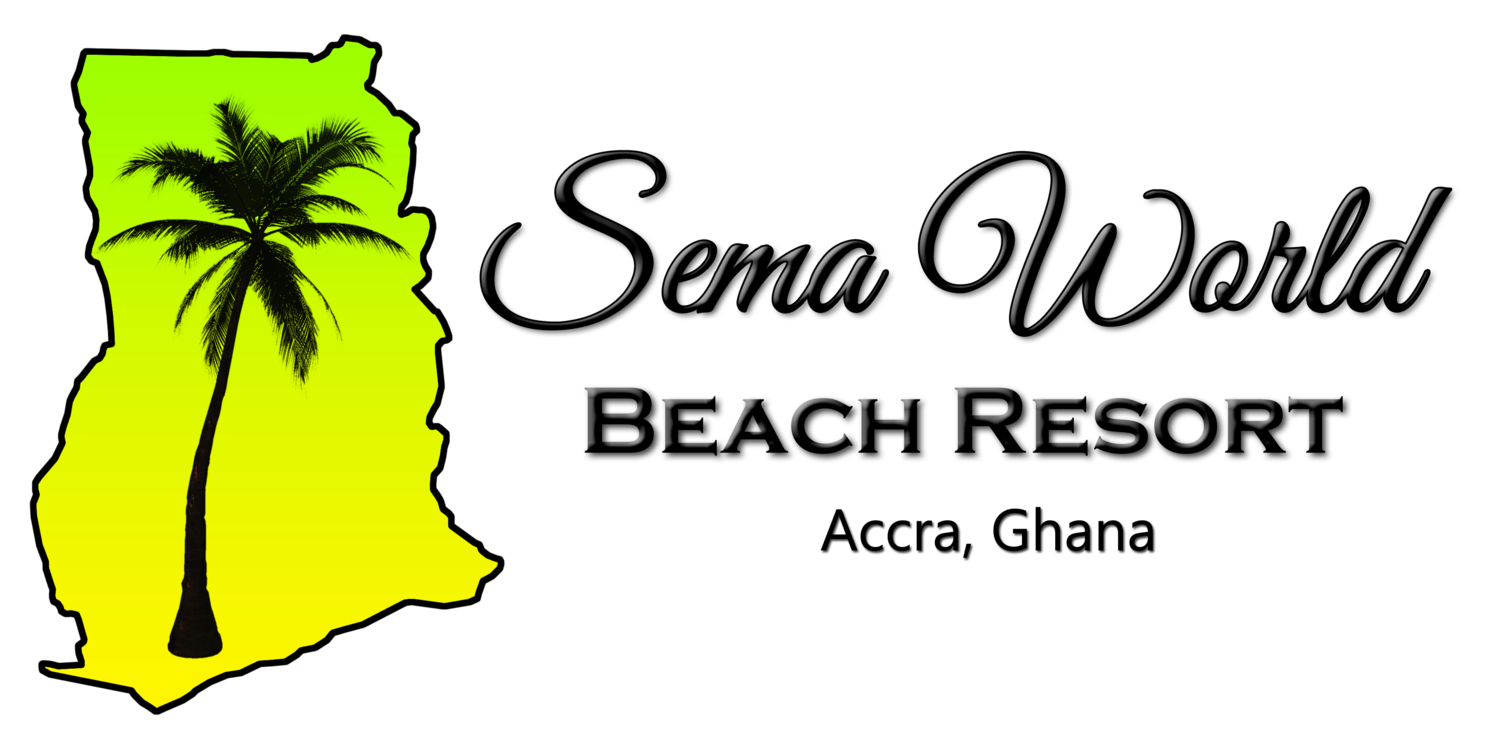About Ghana
Ghana, formerly known as the Gold Coast, is the first country in Sub-Sahara Africa to gain political independence from England in 1957. It is located midway along the Gulf of Guinea Coast of West Africa. Ghana’s border countries include Togo, Burkina Faso, and Cote D’Ivoire.
People
Nationality: Ghanaian(s).
Population (2010 est.): 24 million.
Density: 88/sq. km. (247/sq. mi.).
Languages: English (official), Akan (which includes Asante Twi, Akwapim Twi, Akyem, and Fanti) 49%, Mole-Dagbani 16%, Ewe 13%, Ga-Adangbe 8%, Guan 4%, others 10%
Religions: Christian 68.8%, Muslim 15.9%, traditional 8.5%, other 0.7%, none 6.1%.
Ethnic groups: Akan 45.3%, Mole Dagbon 15.2%, Ewe 11.7%, Ga-Dangme 7.3%, other groups 20.4%
Climate
Mainly a tropical climate, Ghana has three main vegetation and climate zones; tropical rainforest, semi-deciduous forest zone and the arid grassland
Natural Resources
Ghana’s main exports are gold, diamonds, manganese, bauxite, cocoa, coffee, cola, and forest products such as timber. Most recently in December of 2010, Ghana discovered and began to produce oil.
Government
Type: Democracy.
Independence: March 6, 1957.
Subdivisions: Ten regions.
Political parties: New Patriotic Party, National Democratic Congress, Convention People's Party, People's National Convention, others.
Currency
The national currency is the Ghana Cedi which can be readily exchanged at banks and private foreign exchange centers. Major credit cards such as Visa and Mastercard are widely accepted.

